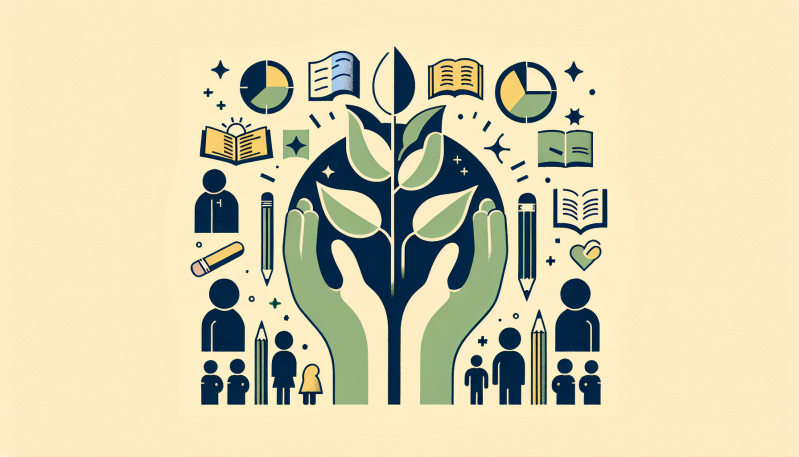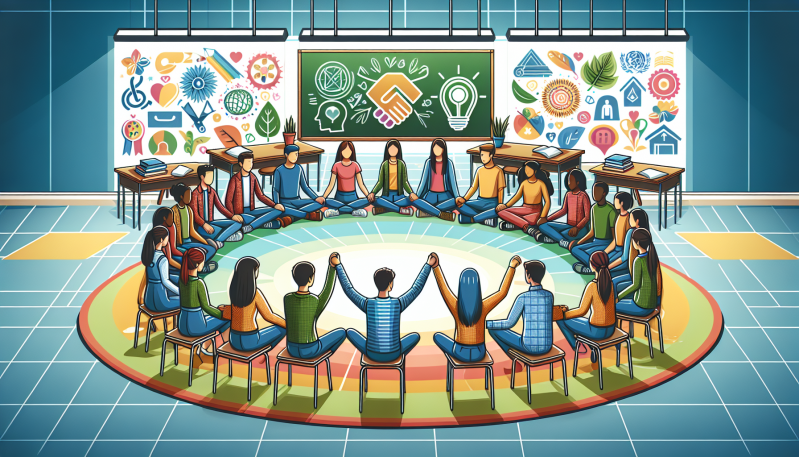As we navigate the complexities of the modern educational landscape, the critical role of teachers transcends the boundaries of traditional academic instruction. In classrooms around the globe, educators are increasingly recognized as essential catalysts for social change, frontline advocates for diversity, equity, inclusion (DEI), and guardians of their students’ mental health. The growing recognition of these roles underscores the imperative for continuous teacher training in DEI and mental health practices. Such training is not a mere enhancement of their professional development; it is a vital necessity that influences the dynamics of modern education.
Teacher training programs designed with a focus on DEI and mental health can lay the foundation for a supportive and inclusive environment that caters to the needs of all students, especially those from diverse backgrounds. The impact of these programs is profound: they help build a school climate rooted in understanding and empathy, promote healthier peer relationships, and bolster the mental resilience of students navigating their complex worlds.
In practice, these training programs empower educators with the skills to recognize signs of mental distress, implement inclusive teaching strategies, and foster a classroom culture of open dialogue and respect. One notable example comes from a school district that introduced ‘Inclusive Classroom Workshops’ for teachers, which detailed how to incorporate literature, history, and social studies from multiple perspectives. This initiative also provided resources for supporting students with different learning needs and from various cultural backgrounds. It led to measurable improvements in student engagement and a decrease in bullying incidents, underscoring the powerful connection between inclusivity and student well-being.
Another example includes the adoption of ‘Social-Emotional Learning (SEL) Days’ where the curriculum is dedicated to activities that build emotional intelligence and resilience. These days are specifically engineered to include exercises on peer interaction, emotional regulation, and conflict resolution – crucial tools for mental health.
However, this transformative vision for education is not without its challenges. Educators might face resistance due to entrenched biases, a lack of resources, or insufficient support from the administration. To overcome these hurdles, it is essential to cultivate a school-wide culture that prioritizes continuous learning and growth. This could involve creating peer-led support groups for teachers, ensuring administrative buy-in by demonstrating the positive impact of DEI and mental health initiatives on school performance, and seeking partnerships with organizations like Friendship Week, which are dedicated to nurturing the mental health and inclusivity of school communities.
In conclusion, the journey towards a more inclusive and mentally healthy educational environment is continuous. It requires dedication, empathy, and most importantly, the support of well-trained teachers equipped with the knowledge and tools to make a difference. When done right, teacher training in DEI and mental health initiatives can bridge the gap between education and well-being, creating a future where every student feels valued and supported, both academically and emotionally.


